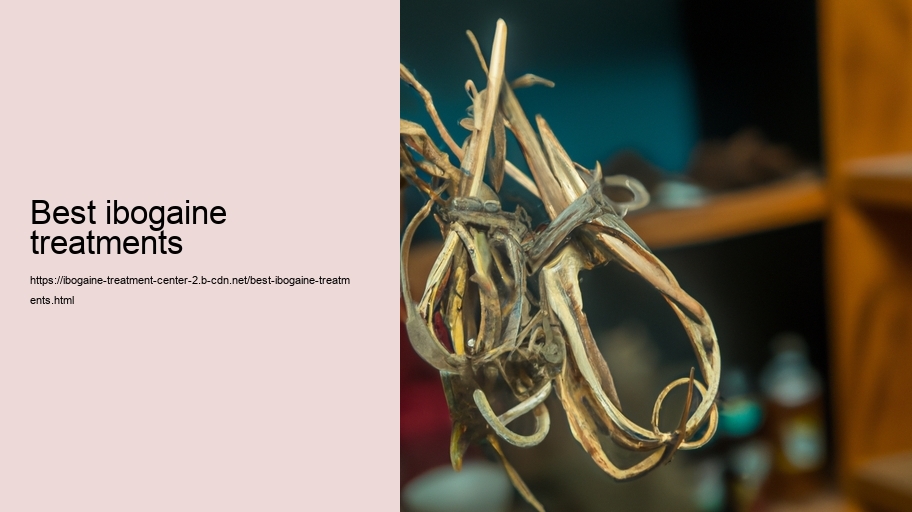**Title: Exploring the Best Ibogaine Treatments for Transformative Healing**
In the vast landscape of addiction treatment and psychotherapeutic interventions, a unique substance has been quietly gaining attention for its potential to offer profound healing experiences. This substance is ibogaine, a naturally occurring psychoactive compound derived from the root bark of the African shrub Tabernanthe iboga. While not without controversy and still illegal in many countries, including the United States, ibogaine treatments have been considered by some as one of the most effective means of combating addiction and facilitating personal growth. In this essay, we will delve into what constitutes the best ibogaine treatments and why they hold such promise.
**Understanding Ibogaine**
To truly comprehend what makes an ibogaine treatment effective, one must first understand what ibogaine is and how it works. Ibogaine affects several neurotransmitter systems simultaneously but is most noted for its ability to interrupt dependency on opioids by resetting opioid receptor sites. Moreover, it has shown efficacy in addressing other addictions such as alcohol, cocaine, methamphetamine, and nicotine. It's not just about curbing physical withdrawal symptoms; its powerful psychological effects can provide users with deep insights into their lives and behaviors.
**Key Elements of Effective Ibogaine Treatments**
The best ibogane treatments share certain key elements that ensure safety, effectiveness, and a supportive environment for transformation:
1. **Medical Screening and Supervision**: Due to its potent nature and impact on heart rate (it can induce bradycardia), rigorous medical screening is essential before undergoing treatment. The presence of medical professionals throughout the process ensures that any complications are promptly addressed.
2. **Therapeutic Setting**: High-quality treatments are conducted in serene environments conducive to introspection and healing—often in retreat-like centers where individuals can connect with nature.
3. **Preparation & Integration**: A crucial part of any responsible treatment plan includes preparation beforehand and integration afterward. Psychological readiness helps individuals approach their experience with intention while post-treatment support aids them in making sense of their journey and applying insights to real-life changes.
4. **Experienced Facilitators**: Skilled facilitators who are well-versed in guiding patients through their experiences can make all the difference between a disorienting ordeal and a transformative process.
5. **Personalized Care**: Each individual’s history with addiction is unique; therefore personalized care plans are vital in addressing specific needs effectively during an ibogine treatment session.
6. **Legal & Ethical Considerations**: Operating within a legal framework where ibogine is sanctioned ensures standards are met while respecting cultural traditions associated with its use—many indigenous cultures have used it ceremonially for centuries.
7. **Aftercare Support**: Addiction recovery doesn’t end after detoxification; continuous aftercare support is fundamental for long-term sobriety maintenance.
**The Promising Horizon**
While clinical trials remain limited due to regulatory hurdles, anecdotal evidence suggests that when carried out responsibly under expert guidance at certified facilities, ibogaine has transformative potential far beyond traditional methods of addiction therapy alone could offer.
Despite promising outcomes reported by numerous recipients around the world—anecdotes filled with stories of liberation from addictive patterns—the acceptance of iboga-based therapies continues to face significant resistance primarily due to lack of understanding or fear founded on misinformation regarding psychedelics.
As scientific scrutiny increases alongside growing interest from those desperate for alternatives when standard modalities fail them or their loved ones—a brighter horizon may await where personalized medicine encompasses not only body but mind/spirit as well—and perhaps at that juncture we’ll witness wider embracement which acknowledges these treatments among 'the best' available pathways towards whole-person healing.
